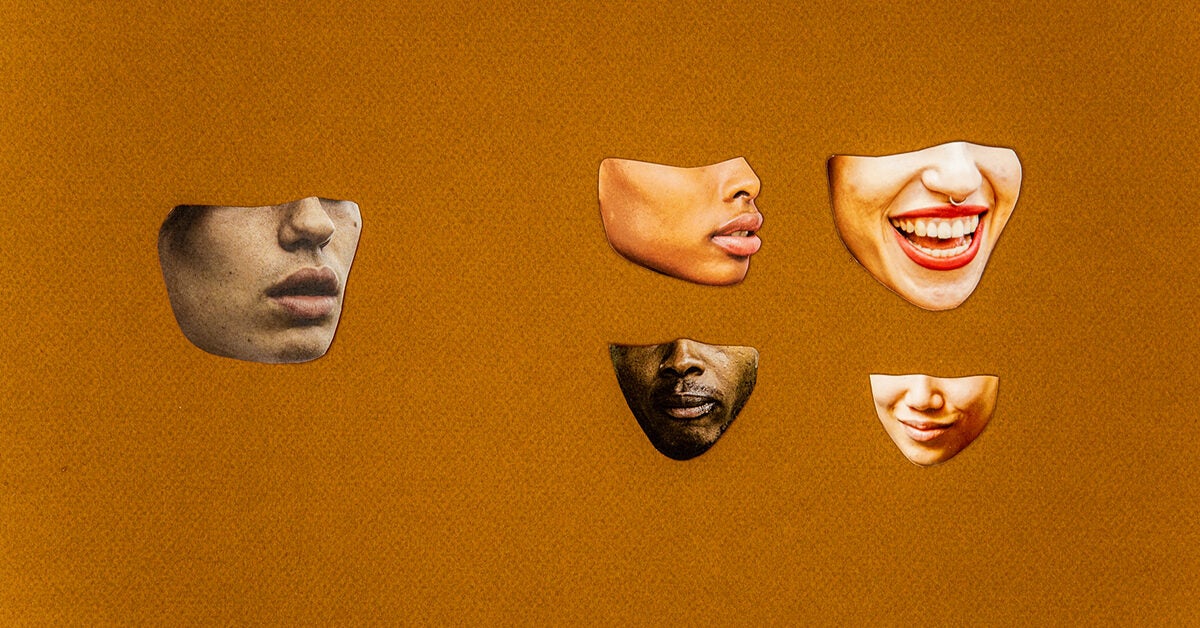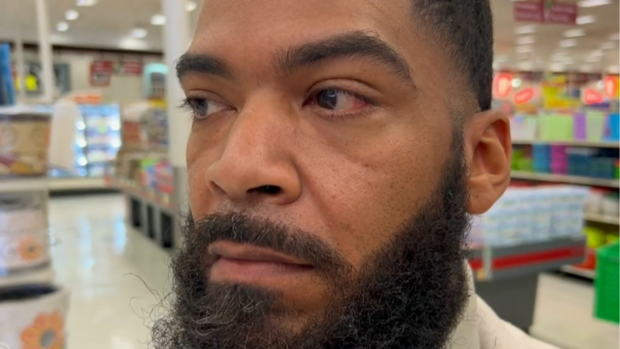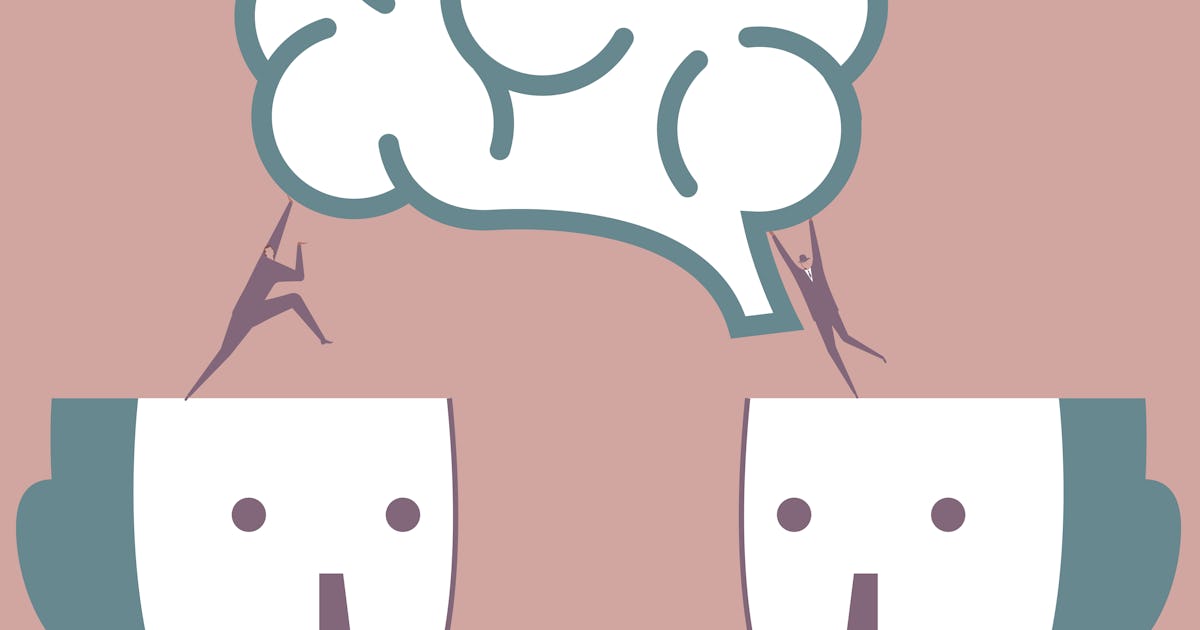
Anxiety disorders - Symptoms and causes
Overview
Experiencing occasional anxiety is a normal part of life. However, people with anxiety disorders frequently have intense, excessive and persistent worry and fear about everyday situations. Often, anxiety disorders involve repeated episodes of sudden feelings of intense anxiety and fear or terror that reach a peak within minutes (panic attacks).
These feelings of anxiety and panic interfere with daily activities, are difficult to control, are out of proportion to the actual danger and can last a long time. You may avoid places or situations to prevent these feelings. Symptoms may start during childhood or the teen years and continue into adulthood.
Examples of anxiety disorders include generalized anxiety disorder, social anxiety disorder (social phobia), specific phobias and separation anxiety disorder. You can have more than one anxiety disorder. Sometimes anxiety results from a medical condition that needs treatment.
Whatever form of anxiety you have, treatment can help.
Products & Services
Symptoms
Common anxiety signs and symptoms include:
- Feeling nervous, restless or tense
- Having a sense of impending danger, panic or doom
- Having an increased heart rate
- Breathing rapidly (hyperventilation)
- Sweating
- Trembling
- Feeling weak or tired
- Trouble concentrating or thinking about anything other than the present worry
- Having trouble sleeping
- Experiencing gastrointestinal (GI) problems
- Having difficulty controlling worry
- Having the urge to avoid things that trigger anxiety
Several types of anxiety disorders exist:
Agoraphobia (ag-uh-ruh-FOE-be-uh) is a type of anxiety disorder in which you fear and often avoid places or situations that might cause you to panic and make you feel trapped, helpless or embarrassed.
Anxiety disorder due to a medical condition includes symptoms of intense anxiety or panic that are directly caused by a physical health problem.
Generalized anxiety disorder includes persistent and excessive anxiety and worry about activities or events — even ordinary, routine issues. The worry is out of proportion to the actual circumstance, is difficult to control and affects how you feel physically. It often occurs along with other anxiety disorders or depression.
Panic disorder involves repeated episodes of sudden feelings of intense anxiety and fear or terror that reach a peak within minutes (panic attacks). You may have feelings of impending doom, shortness of breath, chest pain, or a rapid, fluttering or pounding heart (heart palpitations). These panic attacks may lead to worrying about them happening again or avoiding situations in which they've occurred.
Selective mutism is a consistent failure of children to speak in certain situations, such as school, even when they can speak in other situations, such as at home with close family members. This can interfere with school, work and social functioning.
Separation anxiety disorder is a childhood disorder characterized by anxiety that's excessive for the child's developmental level and related to separation from parents or others who have parental roles.
Social anxiety disorder (social phobia) involves high levels of anxiety, fear and avoidance of social situations due to feelings of embarrassment, self-consciousness and concern about being judged or viewed negatively by others.
Specific phobias are characterized by major anxiety when you're exposed to a specific object or situation and a desire to avoid it. Phobias provoke panic attacks in some people.
Substance-induced anxiety disorder is characterized by symptoms of intense anxiety or panic that are a direct result of misusing drugs, taking medications, being exposed to a toxic substance or withdrawal from drugs.
Other specified anxiety disorder and unspecified anxiety disorder are terms for anxiety or phobias that don't meet the exact criteria for any other anxiety disorders but are significant enough to be distressing and disruptive.
When to see a doctor
See your doctor if:
- You feel like you're worrying too much and it's interfering with your work, relationships or other parts of your life
- Your fear, worry or anxiety is upsetting to you and difficult to control
- You feel depressed, have trouble with alcohol or drug use, or have other mental health concerns along with anxiety
- You think your anxiety could be linked to a physical health problem
- You have suicidal thoughts or behaviors — if this is the case, seek emergency treatment immediately
Your worries may not go away on their own, and they may get worse over time if you don't seek help. See your doctor or a mental health provider before your anxiety gets worse. It's easier to treat if you get help early.
Thank you for subscribing
Our Housecall e-newsletter will keep you up-to-date on the latest health information.
Sorry something went wrong with your subscription
Please, try again in a couple of minutes
Causes
The causes of anxiety disorders aren't fully understood. Life experiences such as traumatic events appear to trigger anxiety disorders in people who are already prone to anxiety. Inherited traits also can be a factor.
Medical causes
For some people, anxiety may be linked to an underlying health issue. In some cases, anxiety signs and symptoms are the first indicators of a medical illness. If your doctor suspects your anxiety may have a medical cause, he or she may order tests to look for signs of a problem.
Examples of medical problems that can be linked to anxiety include:
- Heart disease
- Diabetes
- Thyroid problems, such as hyperthyroidism
- Respiratory disorders, such as chronic obstructive pulmonary disease (COPD) and asthma
- Drug misuse or withdrawal
- Withdrawal from alcohol, anti-anxiety medications (benzodiazepines) or other medications
- Chronic pain or irritable bowel syndrome
- Rare tumors that produce certain fight-or-flight hormones
Sometimes anxiety can be a side effect of certain medications.
It's possible that your anxiety may be due to an underlying medical condition if:
- You don't have any blood relatives (such as a parent or sibling) with an anxiety disorder
- You didn't have an anxiety disorder as a child
- You don't avoid certain things or situations because of anxiety
- You have a sudden occurrence of anxiety that seems unrelated to life events and you didn't have a previous history of anxiety
Risk factors
These factors may increase your risk of developing an anxiety disorder:
Trauma. Children who endured abuse or trauma or witnessed traumatic events are at higher risk of developing an anxiety disorder at some point in life. Adults who experience a traumatic event also can develop anxiety disorders.
Stress due to an illness. Having a health condition or serious illness can cause significant worry about issues such as your treatment and your future.
Stress buildup. A big event or a buildup of smaller stressful life situations may trigger excessive anxiety — for example, a death in the family, work stress or ongoing worry about finances.
Personality. People with certain personality types are more prone to anxiety disorders than others are.
Other mental health disorders. People with other mental health disorders, such as depression, often also have an anxiety disorder.
Having blood relatives with an anxiety disorder. Anxiety disorders can run in families.
Drugs or alcohol. Drug or alcohol use or misuse or withdrawal can cause or worsen anxiety.
Complications
Having an anxiety disorder does more than make you worry. It can also lead to, or worsen, other mental and physical conditions, such as:
- Depression (which often occurs with an anxiety disorder) or other mental health disorders
- Substance misuse
- Trouble sleeping (insomnia)
- Digestive or bowel problems
- Headaches and chronic pain
- Social isolation
- Problems functioning at school or work
- Poor quality of life
- Suicide
Prevention
There's no way to predict for certain what will cause someone to develop an anxiety disorder, but you can take steps to reduce the impact of symptoms if you're anxious:
Get help early. Anxiety, like many other mental health conditions, can be harder to treat if you wait.
Stay active. Participate in activities that you enjoy and that make you feel good about yourself. Enjoy social interaction and caring relationships, which can lessen your worries.
Avoid alcohol or drug use. Alcohol and drug use can cause or worsen anxiety. If you're addicted to any of these substances, quitting can make you anxious. If you can't quit on your own, see your doctor or find a support group to help you.
Readmore : How to Manage Panic Attacks
Source: www.mayoclinic.org










